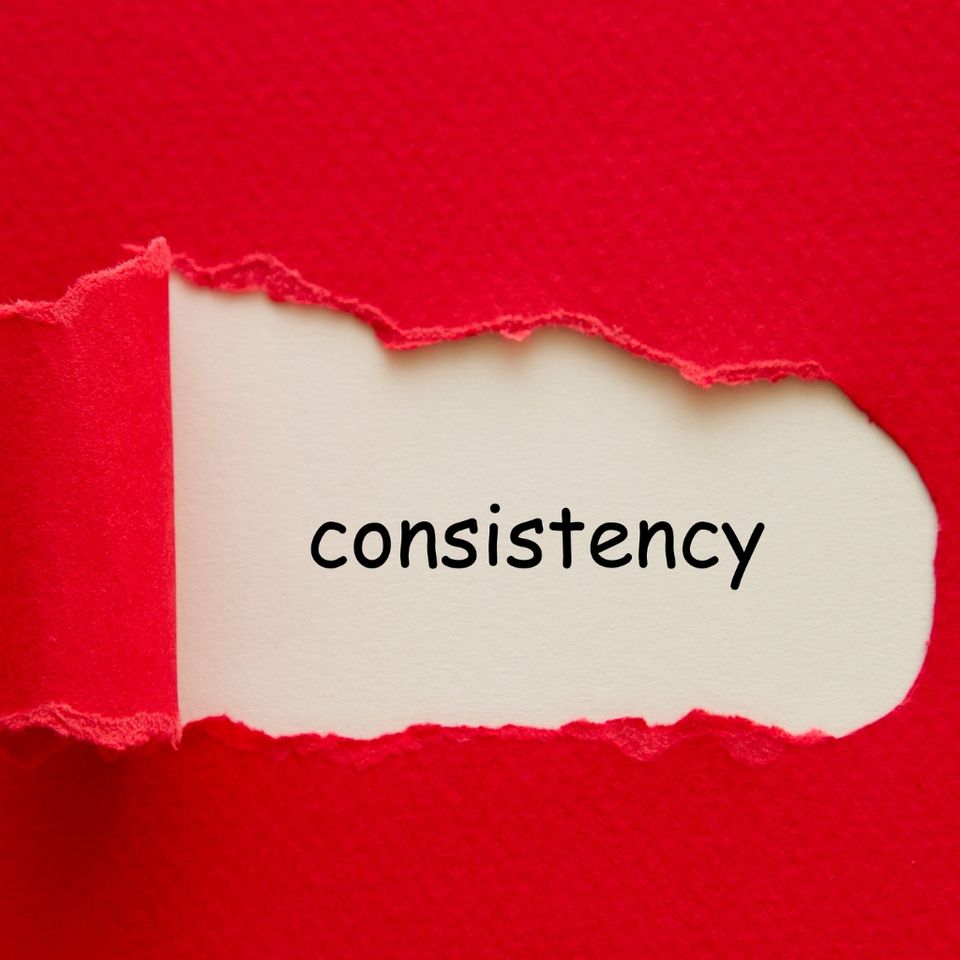
A Step-by-Step Guide to Building an Effective Plan
At the KANSO creative, we believe every small business needs a focused, thoughtful marketing plan that highlights its brand, builds loyalty, and grows market share. Here are some essential steps to get started.
Marketing campaigns don’t just happen in a vacuum — they should be part of a broad, holistic strategy that works together. Developing a marketing plan is essential to ensure consistent, effective messaging across all marketing channels. From identifying your target audience to fine-tuning your marketing campaigns, a marketing plan serves as guidance to help you succeed.
Read on to learn more about how to develop a marketing plan for your small business.
Marketing campaigns don’t just happen in a vacuum — they should be part of a broad, holistic strategy that works together. Developing a marketing plan is essential to ensure consistent, effective messaging across all marketing channels. From identifying your target audience to fine-tuning your marketing campaigns, a marketing plan serves as guidance to help you succeed.
Read on to learn more about how to develop a marketing plan for your small business.





